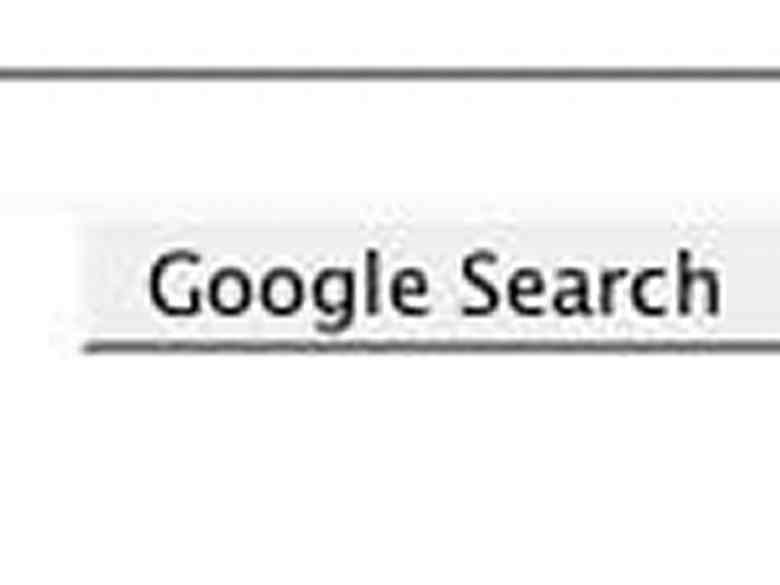web optimization might be damaged into two distinct areas – “onpage” components and “off-page” components. On-page components embrace something that you could have an effect on on the web page itself, such because the title tag, physique copy, H1 heading tags, picture “alt” attributes, and so on.
Off-page components embody issues that affect rankings however aren’t on the web page itself, reminiscent of PageRank rating and anchor textual content, higher recognized by the layman as hyperlink textual content. When you find yourself optimizing the on-page components, you begin with key phrase analysis to establish the key phrase markets that it’s best to go after (as mentioned in my “Key phrase Sleuthing” article within the November concern). You craft prose focused at these key phrase markets (see my “Writing for the Search Engines” article within the December concern).
Key phrase-rich prose isn’t sufficient although. So as to give your content material its finest shot at ‘singing’ to the major search engines, you’ll must optimize your HTML templates. In fact this all presumes that your ecommerce platform is pleasant to go looking engine spiders (my “Keep away from Complicated URLs” article in final month’s concern). Right here’s a fast information on how you can optimize your HTML, step-by-step:
Be certain that every web page can sing a singular tune
The worst sorts of HTML templates have title tags and Meta knowledge (such because the meta description) hard-coded in order that they’re the identical throughout all pages that use that template. Be sure that your title tag, Meta description and H1 heading tag might be assigned on a per web page foundation, thus distinctive to the precise web page in query.
Strip out extraneous HTML code
Superfluous code in your HTML negatively impacts your search engine rankings by pushing your good key phrase wealthy copy additional down the web page thus decreasing key phrase prominence. As a result of the search engine spider seems on the HTML code quite than the rendered web page as you see it in your net browser, parts within the HTML code that bloat the web page up could decrease your web page’s key phrase prominence. As well as, this “bloat” will negatively impression the consumer expertise because it will increase obtain time. As you already know, Web customers are notoriously impatient.
Superfluous HTML contains HTML feedback, JavaScript code that’s “inline”, cascading type sheets (CSS) which might be “inline,” and desk tags used for structure. Not solely are tables inefficient for structure; additionally they provide poor accessibility as a result of “display readers” (software program utilized by visually impaired customers to learn every net web page aloud) will learn out all that desk info to the consumer as if it had been a tabular knowledge reminiscent of a chart. So strip out all of the feedback, transfer the JavaScript’s and magnificence sheets into separate “embrace” recordsdata (within the case of JavaScript, a .js file and with type sheets it’s a .css file). So in impact you exchange a many-line JavaScript or cascading type sheet with a oneline reference to an exterior file containing all that code.
Amplify the tune that your content material sings
Your content material, when merged in together with your HTML template, is what’s served to the search engine spider. Your HTML template can squelch that tune or it may well amplify it. Above, we’ve got already talked about ways in which your HTML code can squelch the tune. Now as a way to amplify it, just be sure you embrace heading tags in your pages and make the most of textual content navigation each time potential as a substitute of graphical navigation. For instance, clickable buttons might be executed as textual content however made to look graphical. Textual content hyperlinks are far more efficient than graphical hyperlinks as a result of the major search engines take the anchor textual content that you’ve got used and affiliate the phrases within the anchor textual content with the web page that you’re linking to. You’ll get a raise in your rankings for the key phrases contained inside these textual content hyperlinks.
To not fear
The Meta key phrases tag doesn’t have a lot of a spot these days in web optimization, so you may safely go away them out of your HTML templates (except your personal website’s search engine makes use of them). A Meta robots tag with directions to index and observe is pointless, as that’s assumed, so go away that out as properly. Picture “alt” attributes was much more essential than they’re now. It appears these days that solely when the picture can also be a hyperlink that the “alt” attribute is definitely paid any consideration to by the search engine. Taking all of the above under consideration, it’s best to find yourself with HTML templates that basically improve your search engine positions throughout all pages to which they’re utilized.
